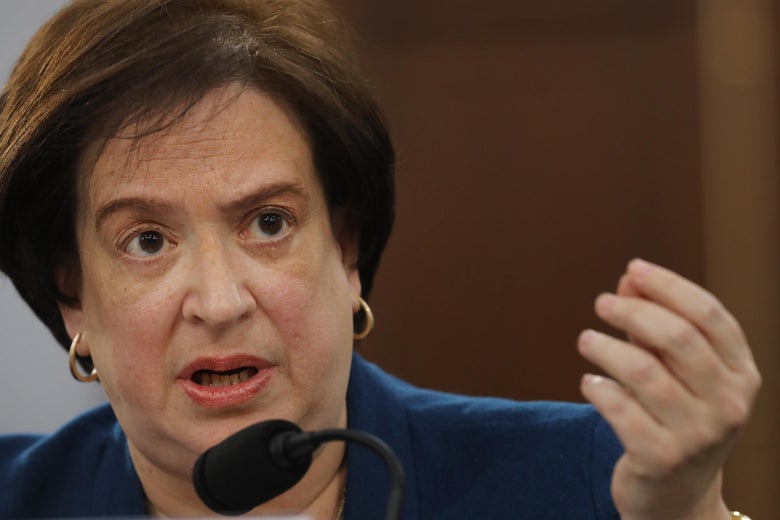
The Supreme Court declined an invitation to blow up the 2020 presidential election on Monday. The justices ruled unanimously that states may compel electors, the individuals who make up the Electoral College, to vote for the winner of the statewide presidential race by either removing or fining “faithless electors.” In truth, this decision should not have been necessary: There is no serious constitutional argument that states are powerless to dictate electors’ votes. But the nation can breathe a sigh of relief that the court did not take the bait to make the upcoming election even more chaotic.
Monday’s decisions in Chiafalo v. Washington and Colorado v. Baca ask a question so simple that most Americans likely think it has already been settled: Can a state tell electors—those individuals who convene after a presidential election to cast their formal vote in the Electoral College—that they must vote for the candidate who won their state popular vote? Most states do exactly that, which makes good democratic sense. If electors could vote for whomever they want, then presidential elections would be merely advisory; citizens could vote for president, sure, but electors could choose whether to heed or ignore their decisions. Following the 2016 election, a handful of electors violated these laws. Two states took action against their faithless electors: Washington fined them $1,000, while Colorado removed and replaced them.










